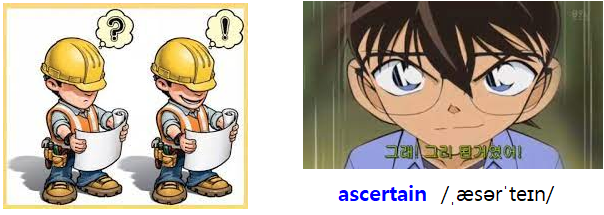A
Prepositions + whom/which
You can use a preposition before whom (for people) and which (for things). So you can say: to whom / with whom / about which / without which etc. :
- Mr Lee, to whom I spoke at the meeting, is very interested in our proposal.
- Fortunately we had a good map, without which we would have got lost.
In informal English we often keep the preposition after the verb in the relative clause. When we do this, we normally use who (not whom) for people:
- This is my friend from Canada, who I was telling you about.
- Yesterday we visited the City Museum, which I'd never been to before.
B
All of / most of etc. + whom/which
Study these examples:

In the same way you can say:
| none of / neither of / any of / either of some of / many of / much of / (a) few of both of / half of / each of / one of / two of etc. |
+ whom (people) + which (things) |
- Martin tried on three jackets, none of which fitted him.
- Two men, neither of whom I had seen before, came into the office.
- They have three cars, two of which they rarely use.
- Sue has a lot of friends, many of whom she was at school with.
You can also say the cause of which / the name of which etc. :
- The building was destroyed in a fire, the cause of which was never established.
- We stayed at a beautiful hotel, the name of which I can't remember now.
C
Which (not what)
Study this example:

In this example, which = 'the fact that he got the job'. You must use which (not what) in sentences like these:
- Sarah couldn't meet us, which was a shame. (not
what was a shame) - The weather was good, which we hadn't expected. (not
what we hadn't expected)
For what, see Units 92D and 93D.
※ establish :

establish something
1. (= set up)
- The committee was established in 1912.
- They now hope to establish a centre in Cuba.
- to establish a state/government/group/school
- to establish standards/principles/rules
- They are establishing a network of pumps and pipelines to move the oil.
2. to start having a relationship
- to establish relations/links/contacts/connections
- The school is trying to establish a relationship with the local community.
3. (= ascertain)
- The building was destroyed in a fire, the cause of which was never established.
- Police are still trying to establish the cause of the accident.
- There will be an investigation to establish the facts.
- We are still trying to establish the identity of the dead man.
- His guilt has been clearly established.
- The effectiveness of the new drug has not yet been scientifically established.
- establish that…
// They have established that his injuries were caused by a fall.
- establish where, what, etc…
// We need to establish where she was at the time of the shooting.
- it is established that…
//It has since been established that the horse was drugged.
4. 기타 표현 :
establish something as something
- The film established her as a star.
- The exhibition helped to establish her as an artist.
- She established a reputation as a hard worker.
※ ascertain :

as + certain(=sure)
ascertain : to find out the true or correct information about something
- ascertain something // It can be difficult to ascertain the facts.
- ascertain that… // I ascertained that the driver was not badly hurt.
- it is ascertained that…
// It should be ascertained that the plans comply with the law.
- ascertain what, whether, etc…
// The police are trying to ascertain what really happened.
// Could you ascertain whether she will be coming to the meeting?
※ certain :
'English Grammar in Use > Unit' 카테고리의 다른 글
| 098 : Adjectives ending in -ing and -ed (boring/bored etc.) (0) | 2021.11.02 |
|---|---|
| 097 : -ing and -ed clauses (the woman talking to Tom, the boy injured in the accident) (0) | 2021.11.01 |
| 095 : Relative clauses 4: extra information clauses (1) (0) | 2021.11.01 |
| 094 : Relative clauses 3: whose/whom/where (1) | 2021.11.01 |
| 093 : Relative clauses 2: clauses with and without who/that/which (0) | 2021.11.01 |
